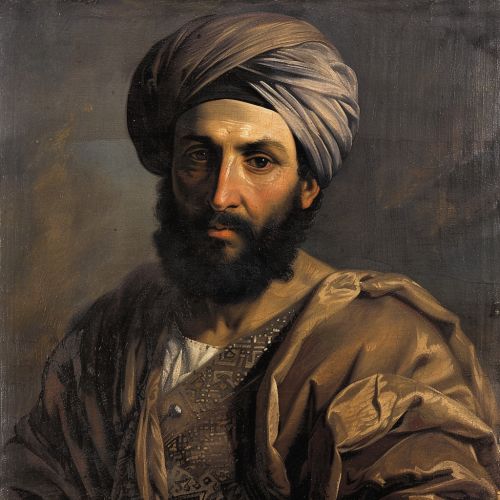Ibn Khaldun
Early Life
Ibn Khaldun was born on May 27, 1332, in Tunis. He hailed from an upper-class Andalusian family of Arab descent, with a long tradition of holding administrative posts. His family, which belonged to the Hadramawt tribe, had settled in Seville after the Muslim conquest of the Iberian Peninsula and then moved to Tunis after the fall of Seville during the Reconquista.
Education
Ibn Khaldun received a traditional Islamic education, studying the Quran, Arabic linguistics, Hadith, Maliki law, logic, philosophy, and mathematics. His teachers were some of the most renowned scholars of the time, and he was exposed to a wide array of intellectual currents, including Sufism and the philosophical traditions of Aristotle and Al-Farabi.
Career
Ibn Khaldun began his career in public service at the age of 20, serving under the ruler of Tunis. He held various posts in the courts of different rulers across North Africa, including Fez, Granada, and Cairo. His experiences in these courts, coupled with his observations of political and social dynamics, formed the basis of his theories on civilization and the rise and fall of states.
Works
Ibn Khaldun's most significant work is the Muqaddimah (Introduction), often considered the first work of historical sociology. In this work, he introduced the concept of asabiyyah (social cohesion), which he used to explain the dynamics of political power and the rise and fall of civilizations. He also wrote a comprehensive history of the world, Kitab al-Ibar, and a highly regarded autobiography, Al-Tasrif.
Legacy
Ibn Khaldun's ideas have had a profound impact on a wide range of disciplines, including sociology, history, economics, and political science. His concept of asabiyyah has been particularly influential in theories of social cohesion and state formation. He is often considered one of the greatest philosophers of the Middle Ages, and his works continue to be studied and debated by scholars today.


